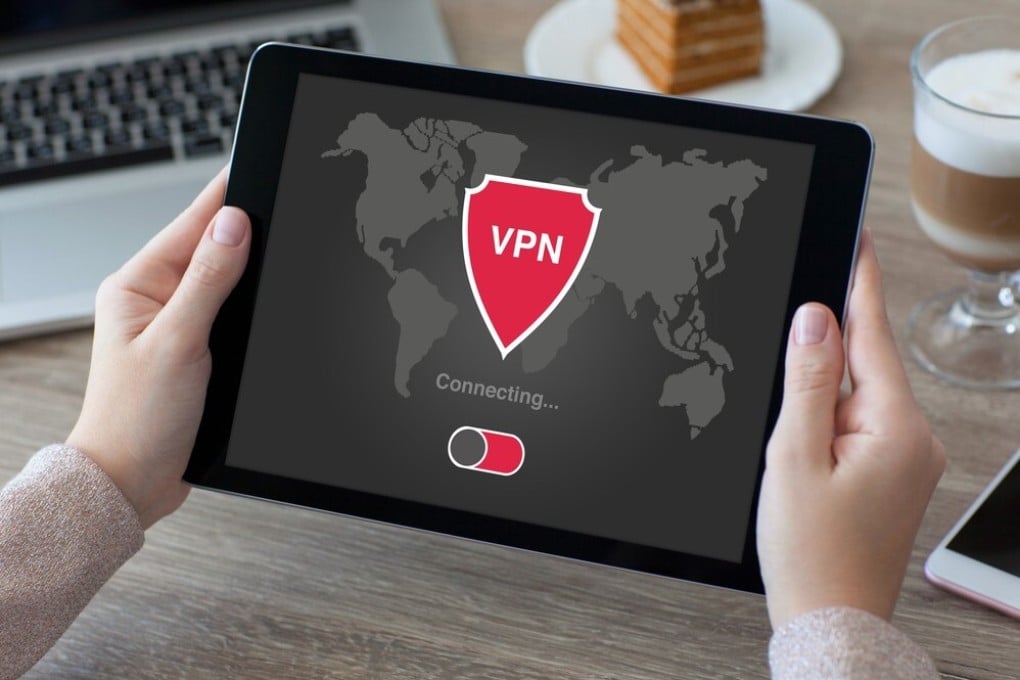Advertisement
Researchers raise privacy concerns over free VPN apps after finding exposed user data
- Cybersecurity researchers from vpnMentor say exposed data includes emails, passwords and more
- The free VPNs left users exposed to malware, identity theft and potentially worse, researchers say
Reading Time:3 minutes
Why you can trust SCMP

Following the implementation of a new national security law in Hong Kong this month, the city saw a surge of interest in virtual private networks (VPNs). But while many are turning to VPNs to protect their privacy, some could actually be putting user privacy in danger.
Cybersecurity researchers recently announced that they discovered a group of free VPN apps that left their server completely open and accessible, exposing private user data for anyone to see.
The vpnMentor research team, led by Noam Rotem, said in a report published Wednesday that the database held private information about the apps’ users. The database included email addresses, clear-text passwords, IP addresses, home addresses, phone models, device IDs and other technical details. The apps UFO VPN, Fast VPN, Free VPN and Super VPN were among several named in the report.
Advertisement
VPNs are commonly used for a variety of reasons. In China, it’s the go-to tool for avoiding the Great Firewall that blocks access to sites like Facebook and Google. Some people might also use it to secure their web traffic on public Wi-Fi or get around geographic restrictions on streaming sites like Netflix.
Advertisement
VPNs work by hiding a user’s real IP address while encrypting and re-routing internet traffic through another location. Interest in VPNs has been rising around the world and usage surged during the Covid-19 pandemic as people were forced to work remotely. But VPNs don’t always protect people in the ways they think.
Advertisement
Select Voice
Select Speed
1.00x